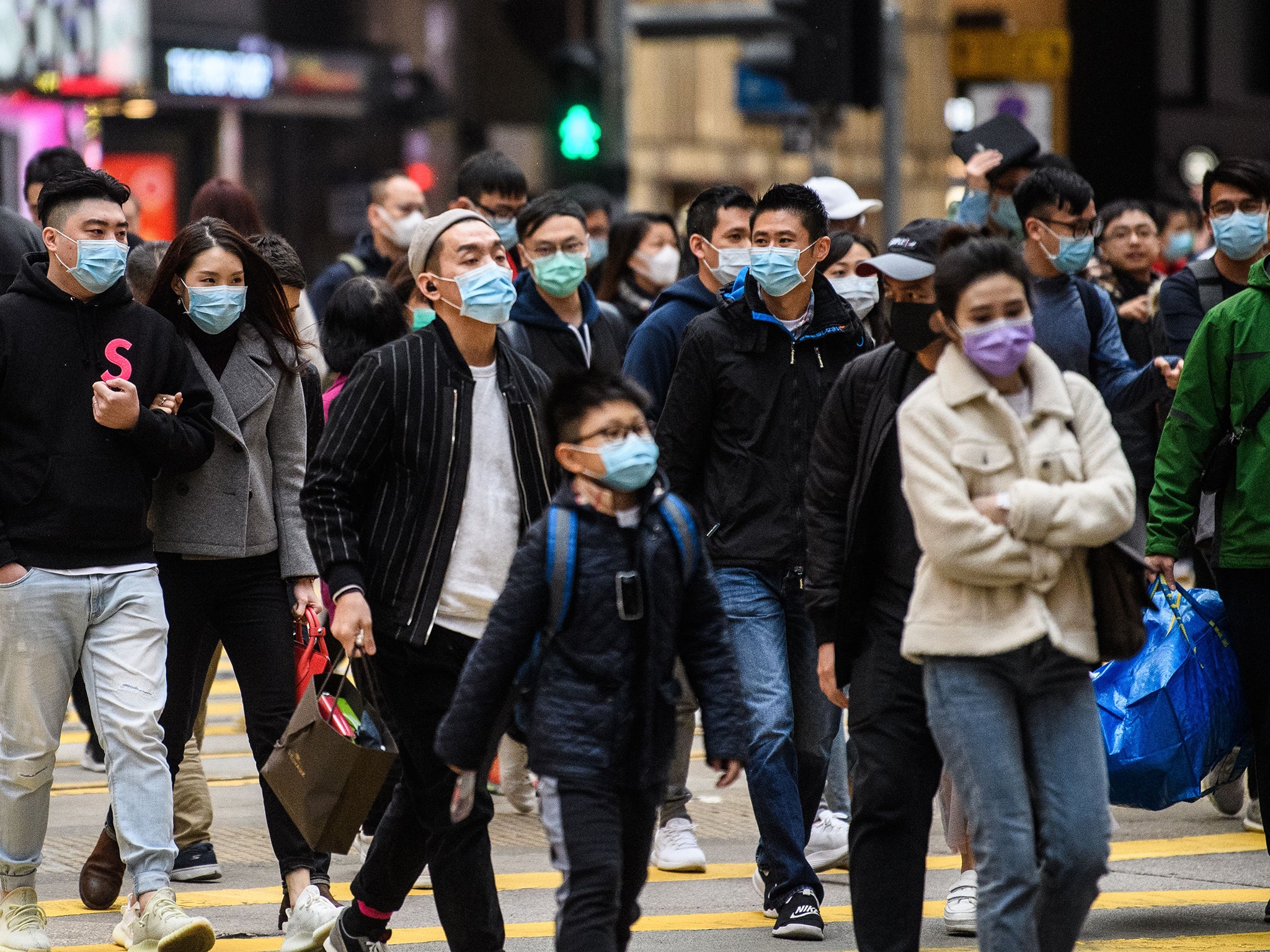How coronavirus will change our daily lives – whether or not we come into contact with the outbreak
Analysis: Health Correspondent Shaun Lintern says the virus is going to shape all our lives in the coming months as health officials battle the epidemic


The message is clear, the public need to prepare for the potential impact and disruption to their daily lives from a sustained widespread outbreak of the coronavirus in the UK.
The government has taken the unusual step of publishing details of the measures it may take in the event the disease gets out of control – a situation now described as inevitable.
It allows us some glimpse into the thinking of senior advisers and how they are planning to try and ensure the country weathers the viral storm.
While a sizeable minority of people may become very seriously ill, some may even die, the majority will have a mild to moderate illness. But there will be a wider impact on our society and how we live our lives during a widespread epidemic.
In the event of widespread infection, the government has said its efforts will be focused on trying to delay the impact on the NHS – to try and spread out the peak infection so the NHS has at least a chance of being able to cope.
This would be done by through asking people to limit their social contact with each other, isolating themselves and their family and limiting time in large gatherings. The government’s plan suggests as many as a fifth of workers could be off sick during the worst weeks.
Schools may well close and laws could be changed to allow teachers to look after larger groups of pupils or even for children and teachers to go to other schools. There is already debate around whether people should stop shaking hands.
Pubs, restaurants and other sectors of the economy that depend on leisure spending could also be hit heavily.
This period could last for around 12 weeks, so in that context many people will either find themselves quarantined at home or at home looking after their children or relatives.
If lucky enough not to be directly affected we will all know people who are.
If things get very serious and the numbers infected and needing hospital treatment dramatically increases, NHS operations will be cancelled and the health service could need to start ration treatment.
It is further evidence of how this previously unknown virus could transform our daily lives for weeks and potentially months.
For now the advice is clear: at best you can try not to touch your face and cough into your elbow or hands to prevent the spread of droplets and wash your hands regularly with soap. Soap really does help to combat the virus as it breaks down the lipid cell barrier around it.
For most people the virus means suffering a cough and high temperature. In severe cases it can cause shortness of breath. Anyone with concerns should call NHS 111.
Join our commenting forum
Join thought-provoking conversations, follow other Independent readers and see their replies
Comments
Bookmark popover
Removed from bookmarks